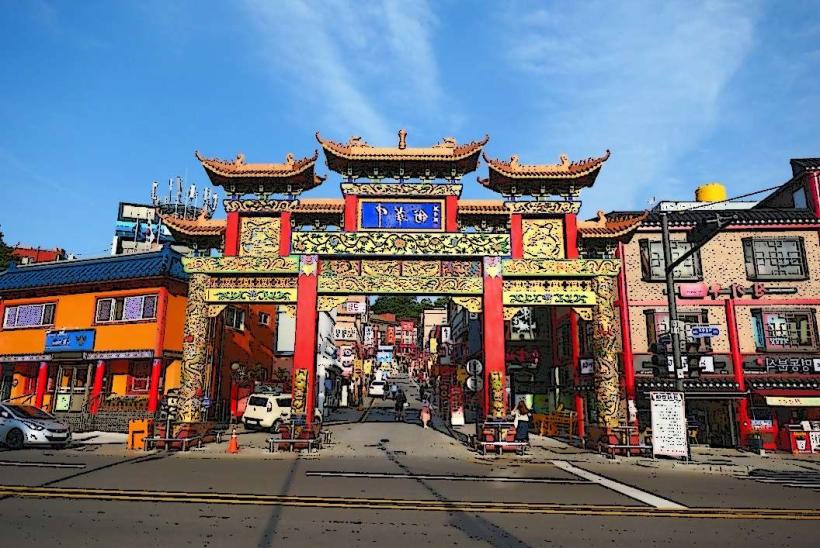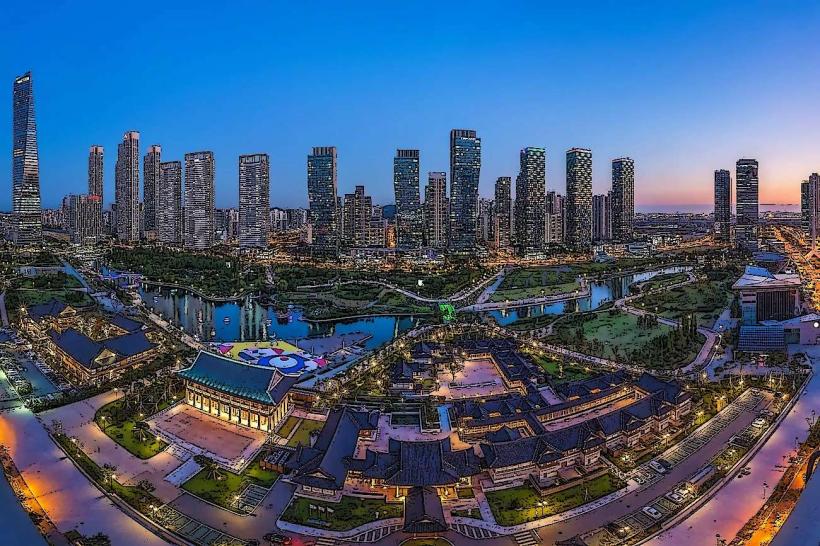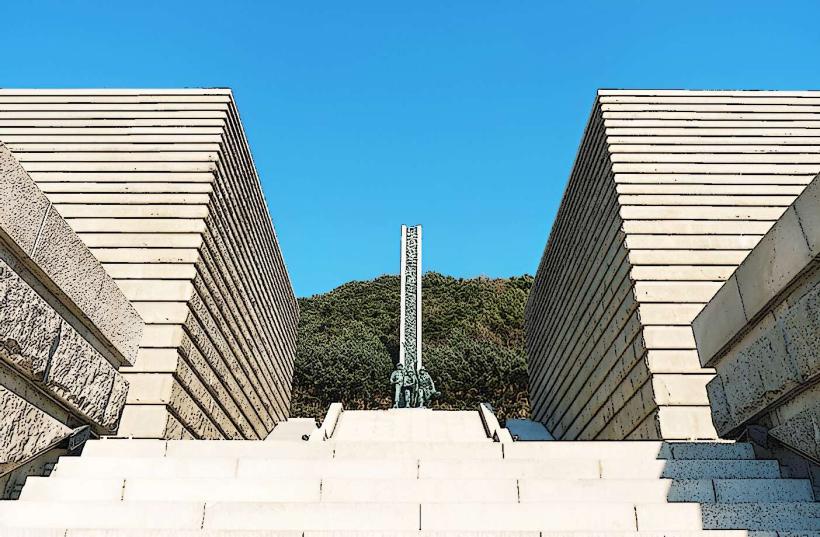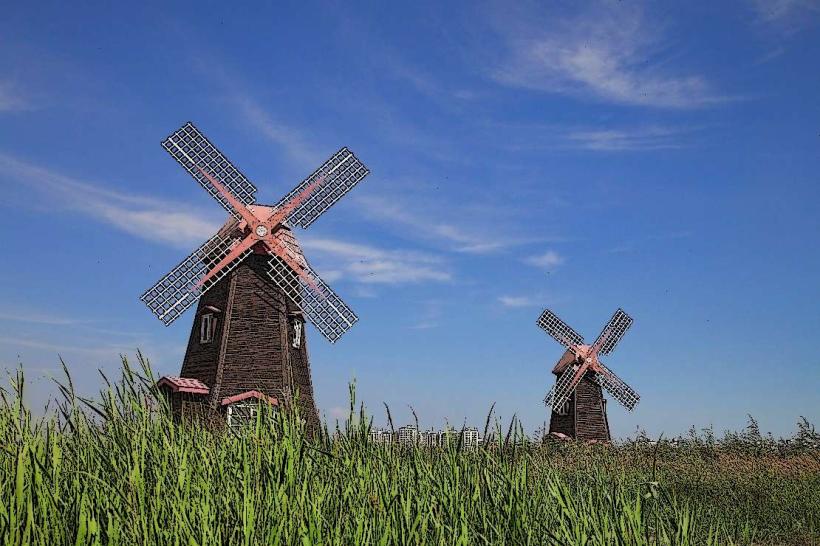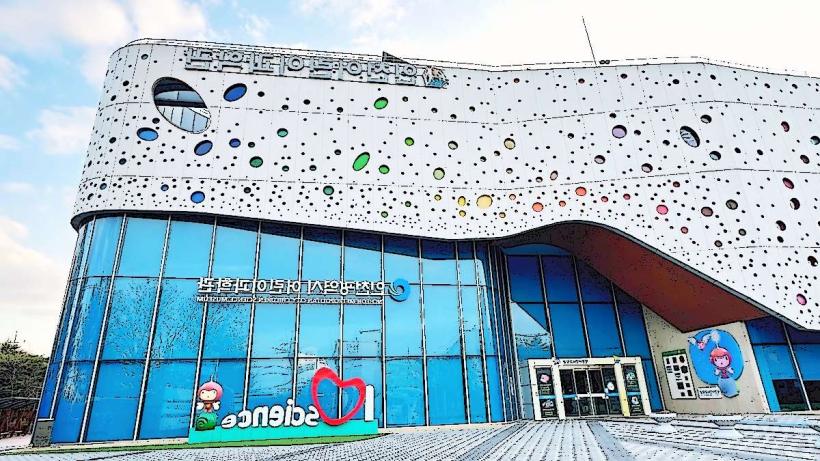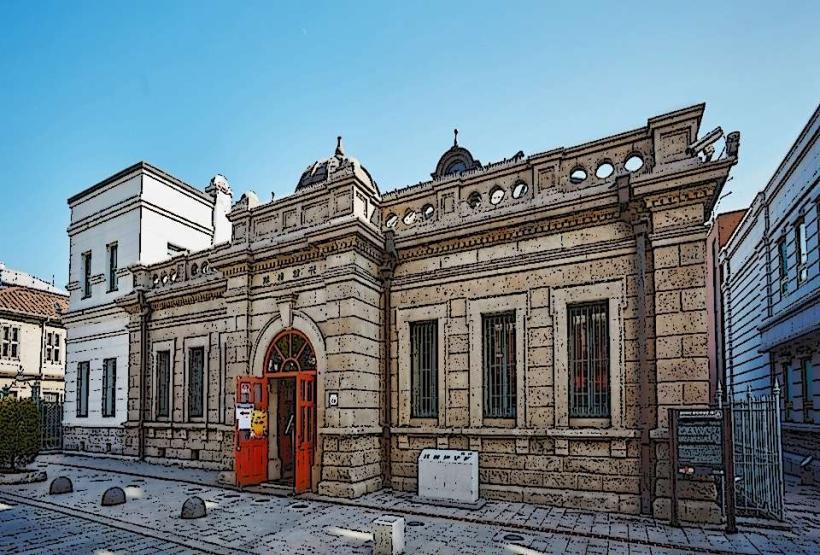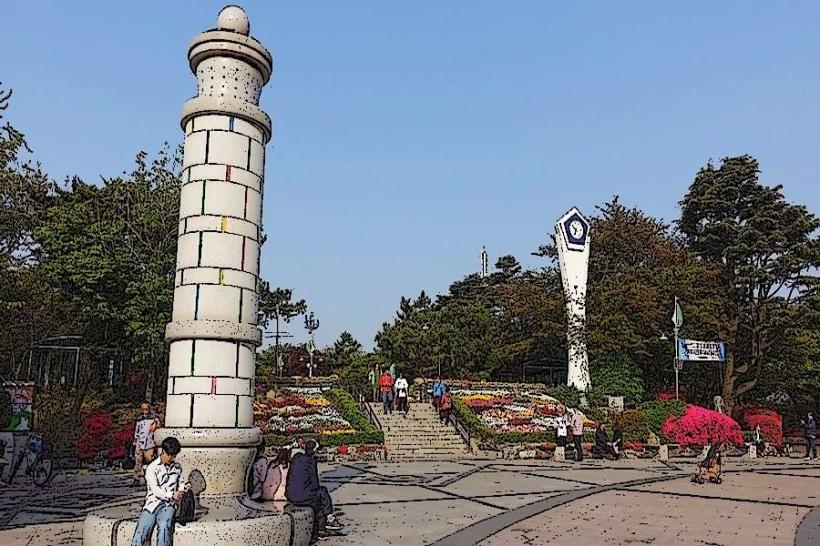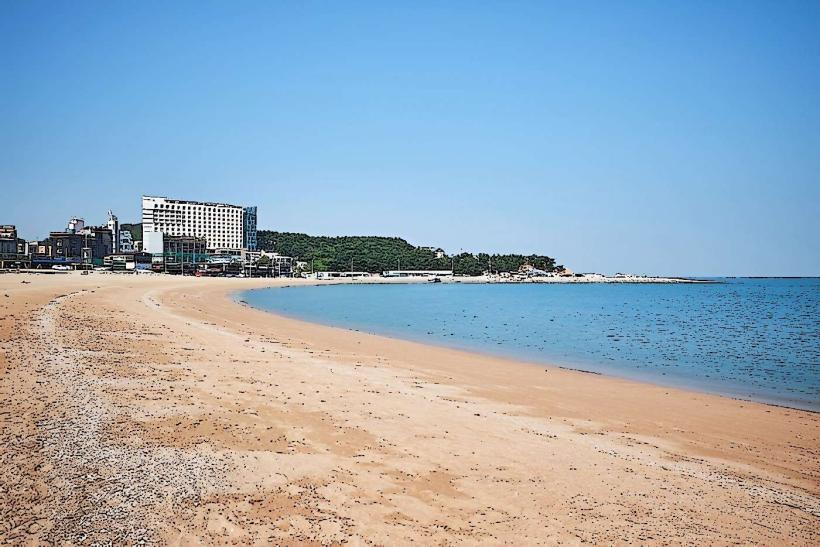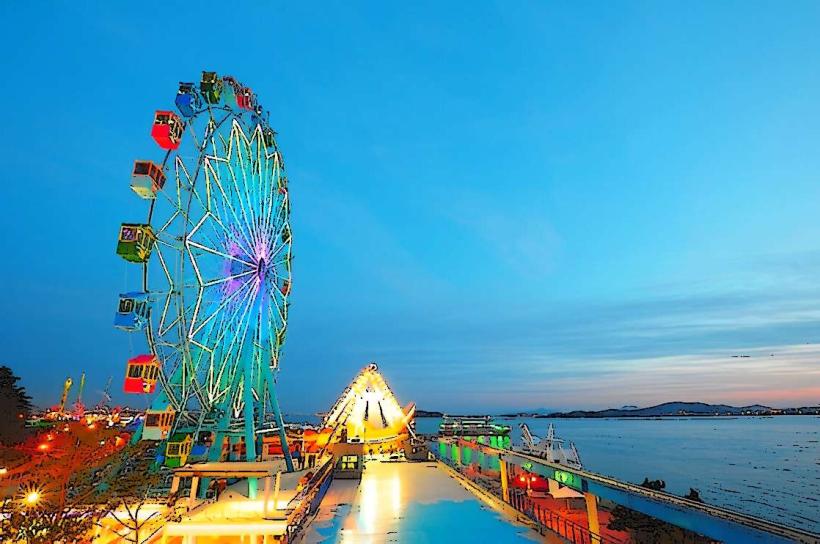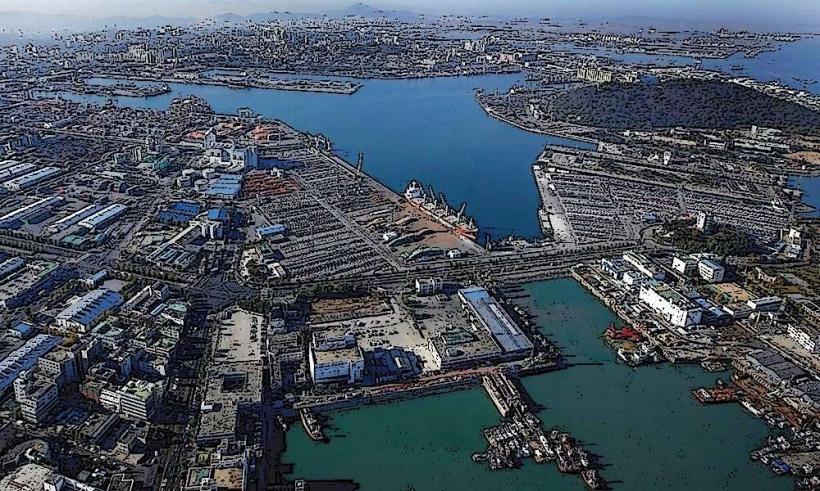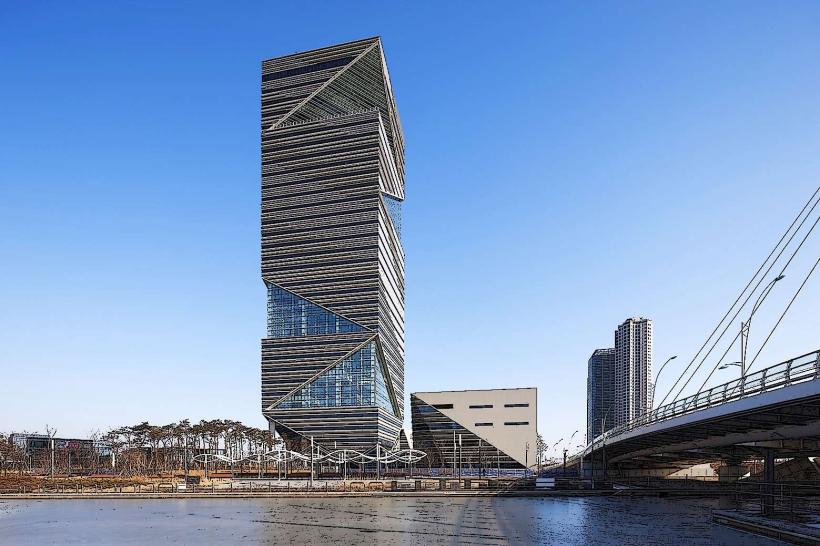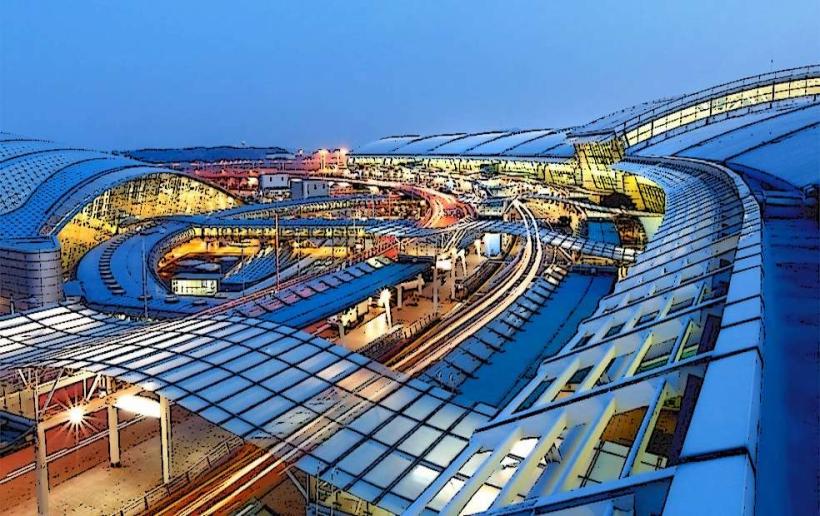Information
City: IncheonCountry: South Korea
Continent: Asia
Incheon, South Korea, Asia
Incheon is South Korea’s third-largest city and its primary transportation hub. Located on the western coast bordering Seoul, it is a metropolitan city defined by its massive international airport, Korea’s first "Free Economic Zone," and its historical significance as an international port since 1883.
Historical Timeline
Incheon (formerly Michuhol) was a small port of 4,700 people when it opened to international trade in 1883. It is most famous globally for the Battle of Incheon (1950), where General Douglas MacArthur’s amphibious landing turned the tide of the Korean War. In 2003, it was designated as Korea’s first Free Economic Zone (IFEZ). By July 2026, the city is undergoing a major administrative reorganization, transitioning into a new "2-gun, 9-gu" system to accommodate its rapid expansion.
Demographics & Population
The 2026 estimated population is approximately 3,039,450. It is a major industrial and logistics center with a growing international population, particularly in the Songdo International Business District. Unlike the declining population in some other Korean cities, Incheon continues to grow due to its role in the Seoul Metropolitan Area and industrial investments by companies like Samsung Biologics.
Urban Layout & Key Districts
The city is divided into several distinct zones:
Jung-gu (Old Incheon): Houses the historic port, Chinatown, and Incheon International Airport (Yeongjong Island).
Songdo (Yeonsu-gu): A "smart city" built on reclaimed land, serving as the business and bio-tech hub.
Bupyeong-gu: A major residential and commercial district with one of Korea’s largest underground shopping malls.
Cheongna (Seo-gu): A planned residential and leisure district featuring high-end apartments and the future Cheongna City Tower.
Top City Landmarks
Incheon International Airport (ICN): Frequently ranked the world's best airport, featuring golf courses, ice rinks, and cultural museums.
Songdo Central Park: Inspired by New York’s Central Park, it features seawater canals, boat rides, and futuristic architecture like the Tri-bowl.
Incheon Chinatown: The only official Chinatown in Korea, famous for Jajangmyeon (black bean noodles).
Wolmido Island: A coastal entertainment zone with a historic lighthouse and the "Viking" amusement park rides.
Incheon Bridge: Korea’s longest cable-stayed bridge (21.38 km), connecting Songdo to Yeongjong Island.
Jayu (Freedom) Park: Home to the statue of General MacArthur and panoramic views of the Incheon Port.
Transportation Network
Incheon is a global transportation nexus.
Rail: Multiple subway lines (Incheon Lines 1 & 2) connect to the Seoul Metro system. The AREX (Airport Railroad) provides express links to Seoul Station (43 mins).
Air: Incheon International Airport is the primary gateway to Northeast Asia.
Bus: A color-coded bus system (Blue/Green/Red) serves all districts.
Payment: T-money is standard. DDAREUNGI bike-sharing is common in Songdo and Cheongna.
Safety & "Red Zones"
Incheon is highly safe, matching South Korea’s national safety standards. There are no "red zones." Standard precautions apply in nightlife districts like Bupyeong or Guwol-dong on weekends. Travelers should be aware of high-speed traffic and aggressive bus driving styles common in the metropolitan area.
Digital & Financial Infrastructure
Internet speeds average 400+ Mbps with universal 5G. In 2026, South Korea is piloting a digital asset strategy that includes blockchain-based public finance. Alipay+, Apple Pay, and Samsung Pay are ubiquitous. The Incheon e-Eum card is a popular local currency card that offers cashback to residents and long-term visitors.
Climate & Air Quality
Incheon has a humid continental climate moderated by the Yellow Sea.
Winter: Freezing and dry (-10°C to -2°C). 2026 winter temperatures have been recorded as low as -12°C in Bupyeong.
Summer: Hot and humid (24°C to 30°C+).
Air Quality: Incheon often experiences "Yellow Dust" in the spring. As of January 2026, real-time AQI levels fluctuate between "Good" and "Moderate," though coastal winds help disperse pollutants faster than in Seoul.
Culture & Social Norms
The culture is a mix of traditional port-city grit and hyper-modern corporate life. Tipping is not practiced. The city is the birthplace of Jajangmyeon, and the culinary scene is famous for seafood (Jagalchi-style markets) and "Dakgangjeong" (sweet and spicy fried chicken) in Sinpo Market.
Accommodation Zones
Songdo: Best for business travelers, luxury stays (Sheraton, Orakai), and modern park views.
Yeongjongdo (Unseo): Best for short layovers or early morning flights.
Bupyeong/Guwol-dong: Best for budget travelers and young travelers seeking nightlife.
Local Cost Index
1 Espresso: 5,000 KRW ($3.70 USD)
1 Bowl of Jajangmyeon: 8,000 KRW ($5.90 USD)
1 Night in a 4-star Songdo Hotel: 180,000 KRW ($133 USD)
1 Bus/Metro Trip: 1,500 KRW ($1.10 USD)
Nearby Day Trips
Ganghwa Island: Accessible via bus; features prehistoric dolmens and historic fortresses.
Muuido Island: A short ferry or bridge trip from the airport, famous for Hanagae Beach.
Seoul: Only 40–60 minutes away via various metro and express bus lines.
Facts & Legends
Incheon’s Sogongnyeo legend tells of a girl who waited for her fisherman lover until she turned into stone at the shore. A verified historical oddity is the Jajangmyeon Museum, located in the original building of Gonghwachun, the restaurant where the dish was reportedly invented. Incheon is also one of the few places in the world with a "triple-crown" UNESCO status in its vicinity (though the sites themselves are technically spread across the region).

